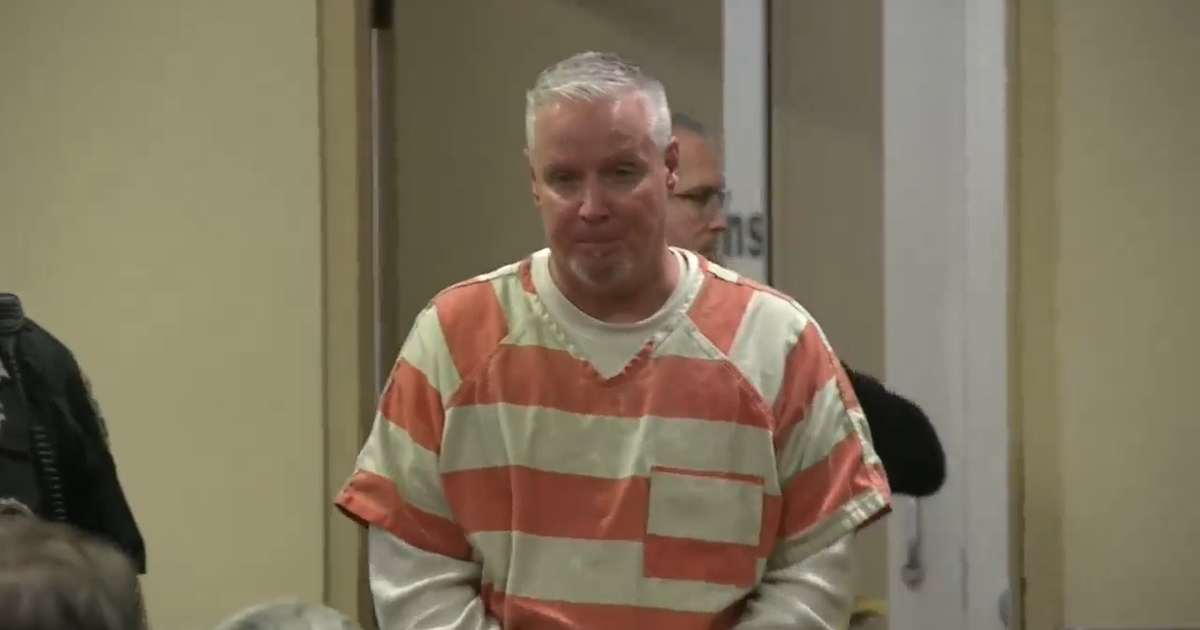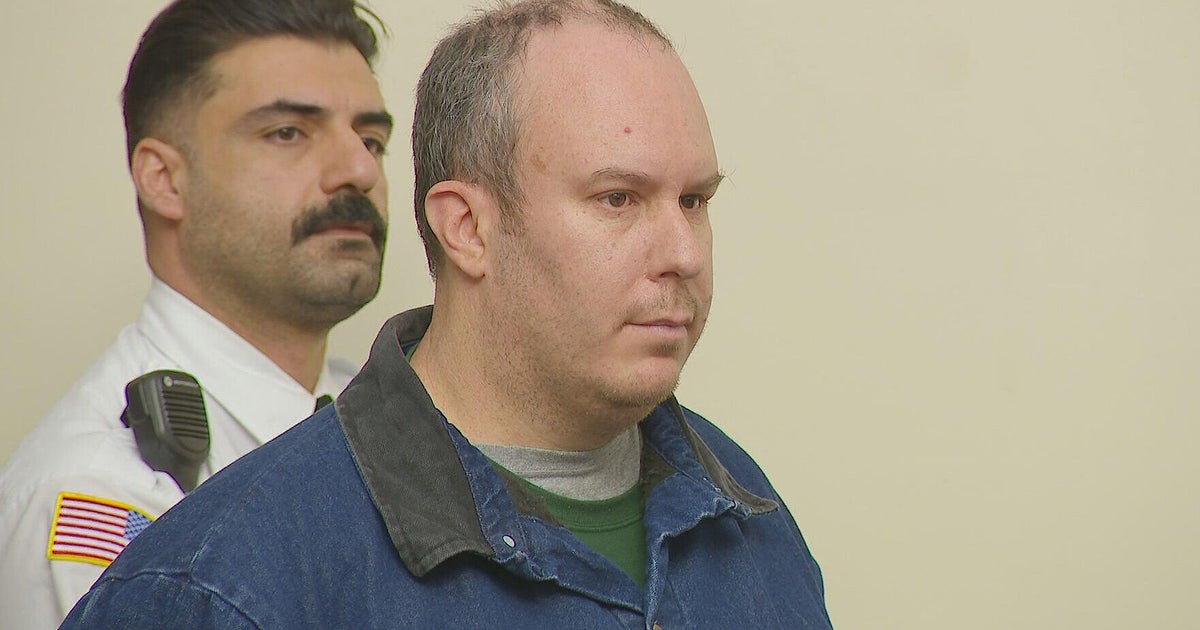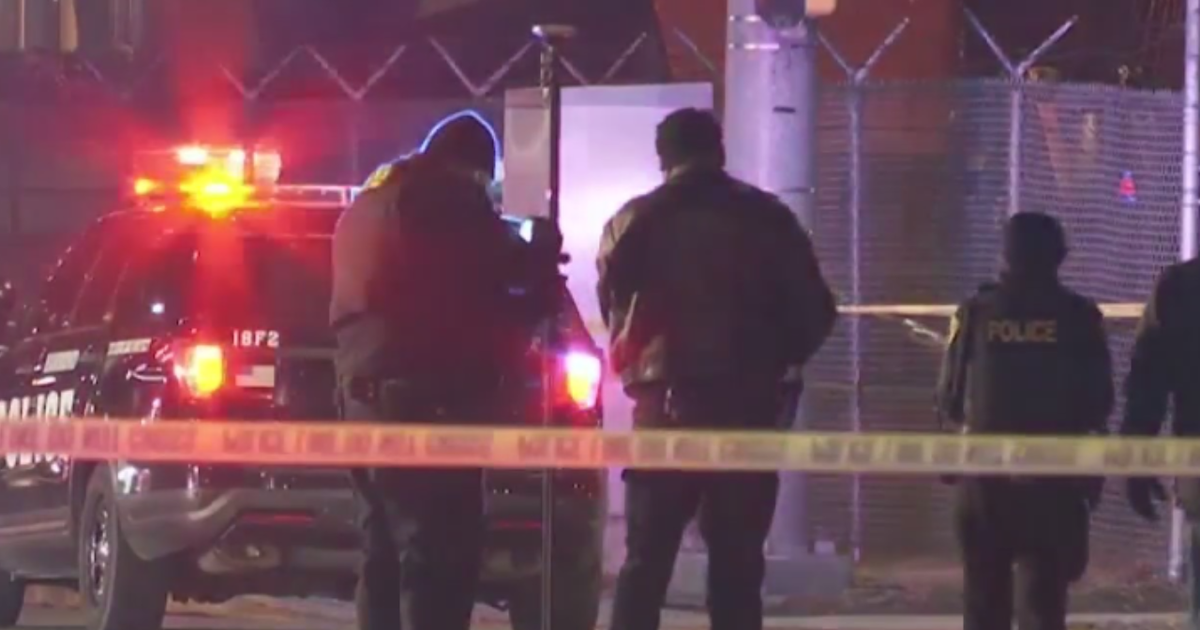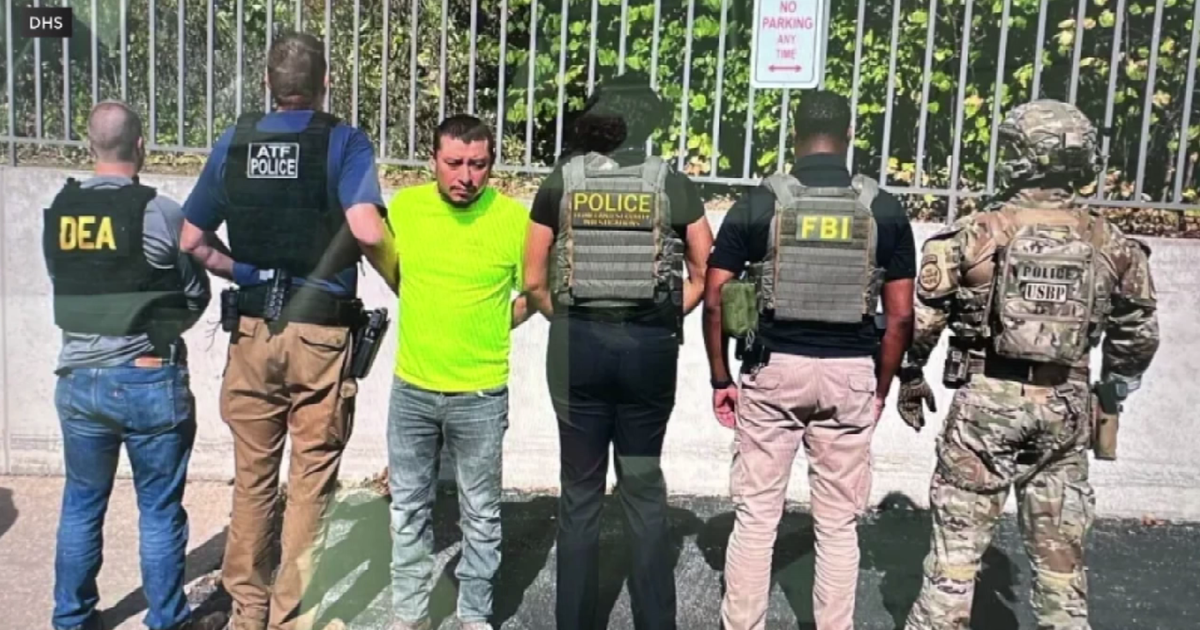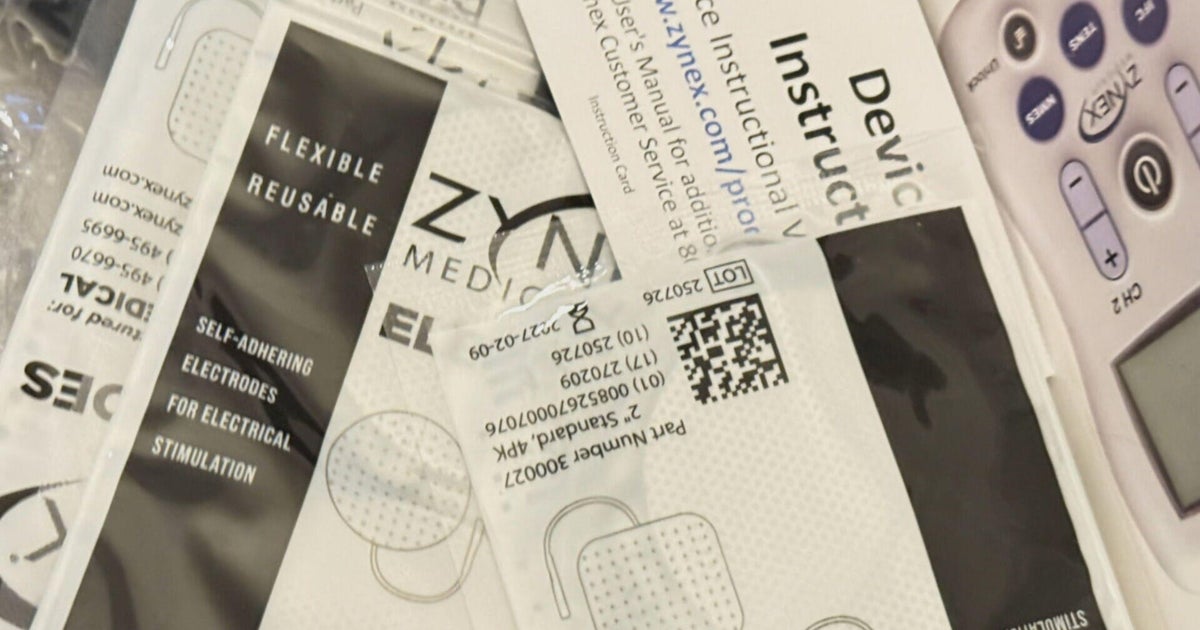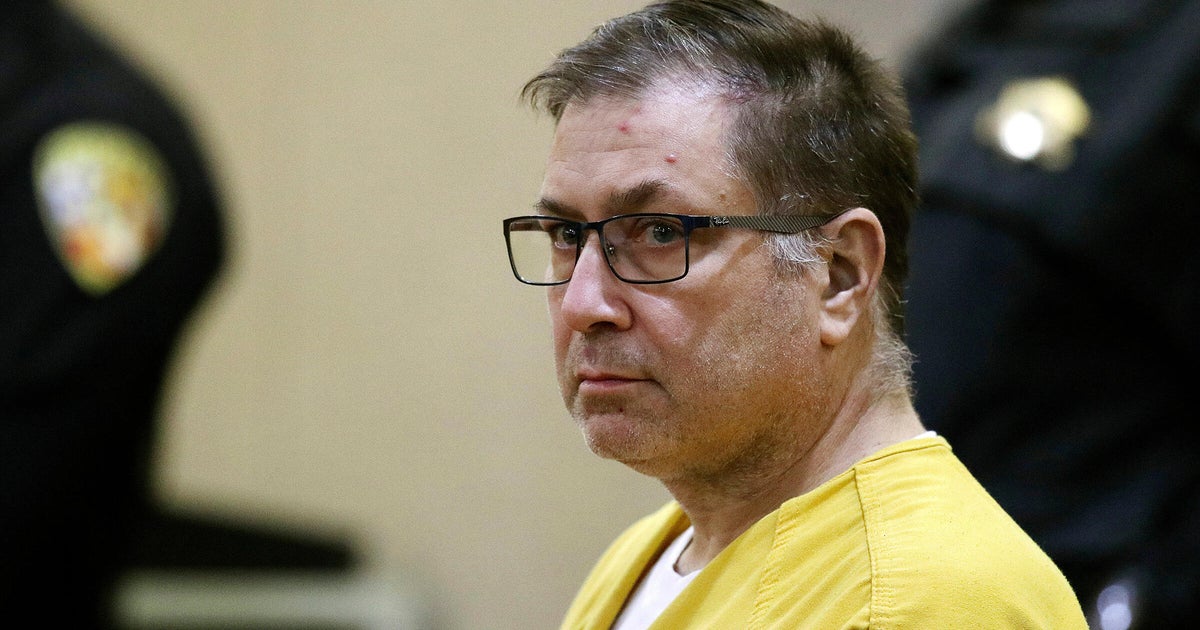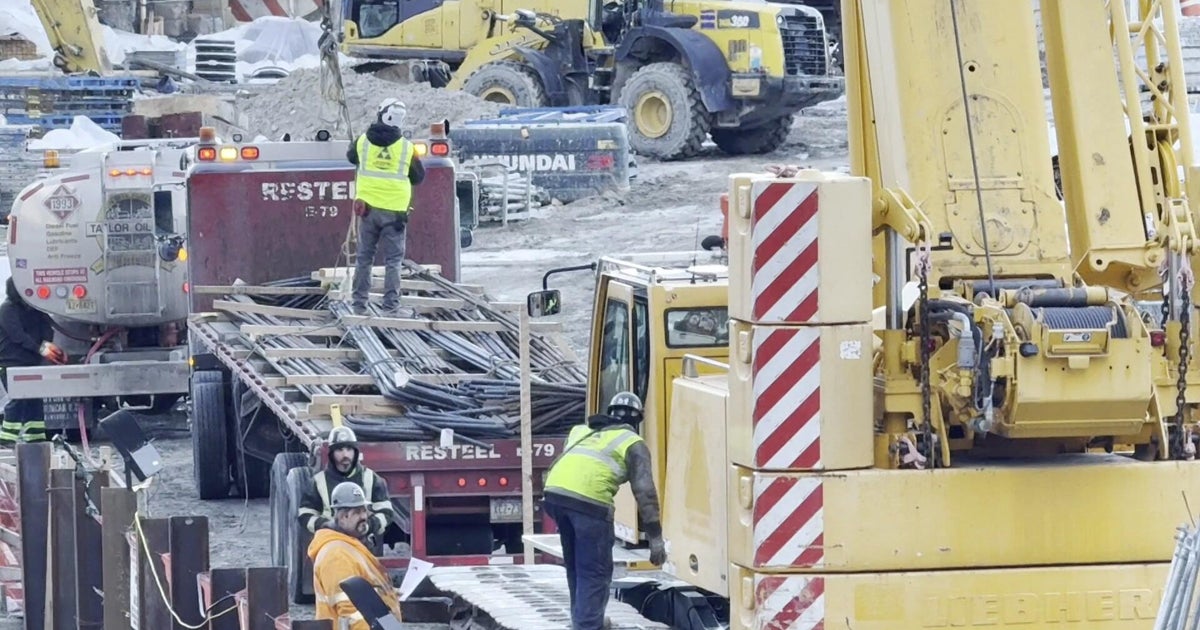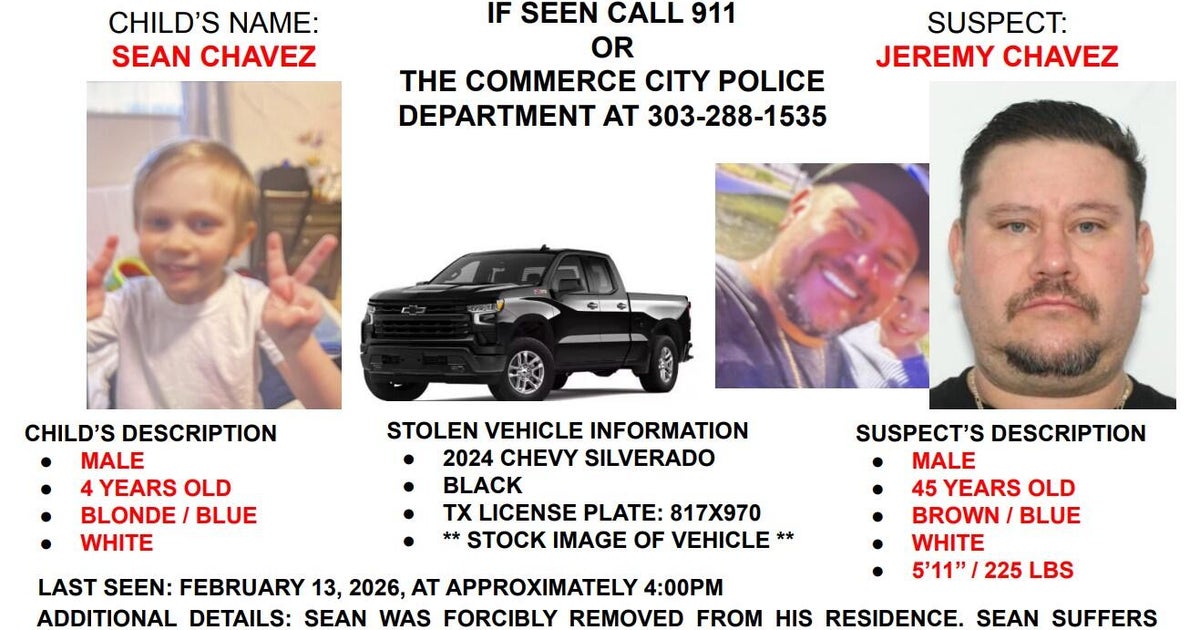Ed Burke trial: deliberations continue in corruption case against former alderman
CHICAGO (CBS) -- Deliberations continued Tuesday in the corruption trial of former Chicago Ald. Edward Burke, who is accused of leveraging his power at City Hall to steer business to his private law firm.
Amid a pair of questions from the jury on Tuesday, it was also revealed that one of Burke's two co-defendants was hospitalized.
Lawyers for 73-year-old Peter Andrews, a longtime political aide to Burke, did not specify why he was in the hospital, but the judge approved their request that he appear in court remotely if there are any major developments in the case on Tuesday.
Meantime, jurors sent in two questions on Tuesday, the first related to Burke's dual employment as an alderman and owner of a private tax law firm. The question related to the difference between what is a bribe of a public official versus what is a lawful payment for services rendered when that person is a public official.
The second question was whether Amtrak workers are considered public officers or public employees. One of the charges against Burke involves an alleged bribery scheme tied to the Old Post Office, which sits above a set of Amtrak train lines. Burke is accused of trying to leverage his power as an alderman to speed up access to Amtrak property for the redevelopment of the Old Post Office in exchange for work for his law firm.
The questions indicate the jurors have a lot to sort through in the 19-count indictment against Burke, Andrews, and real estate developer Charles Cui. The jury instructions total more than 350 pages.
Jurors wrapped up their second day of deliberations shortly after 4:30 p.m. Tuesday. So far, they have deliberated for approximately 10.5 hours.

